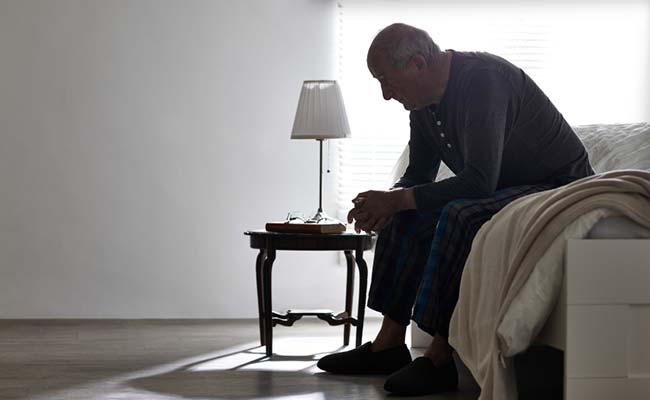274 Loneliness & Health
Please click here to listen to WFIT Minute:
PSM 274-297 Loneliness & Health
Based on research by Perissinotto, Carla. M., Cenzer, Irena. S., & Covinsky, Kenneth. E. (2012) written by Bethany Wellman, M.S.
Imagine your grandfather has been frequently ill. The doctor tells you that his problem might be because he is lonely. Could that be true?
Researchers assessed the health of over 1600 participants age 60 years and older for six years while also surveying their loneliness (feeling isolated, left out, and lacking of companionship). They examined overall decline in daily living activities, such as bathing, toileting, dressing, eating; and how they completed normal tasks that required mobility, stair climbing and using upper body strength. Researchers compared these health outcomes to the participants’ sense of loneliness.
When compared to those not lonely, the 43% who reported loneliness were more likely to have a decline in their activities of daily living. Loneliness was significantly related to increased risk of death and overall functioning decline. Although those who were lonely were more likely to live alone, the majority lived with someone.
How can we engage all our community members in life-long meaningful activities with others, and thus fuller relationships? Your sharing activities and communication are valuable in helping you and your loved ones live happier, healthier and longer lives.
Reference:
Perissinotto, C. M., Cenzer, I. S., & Covinsky, K. E. (2012). Loneliness in Older Persons: A Predictor of Functional Decline and Death. Arch Intern Med, 172(14), 1078-1083.





